最新文章
文章分類
歸檔
2007 (76)

正文
有水必得有橋。聖彼得堡是座水城,自然成就一座橋城。
這座年輕的城市建於一片沼澤之上,僅有300多年的曆史,竟由400多座橋梁連接一氣。
54
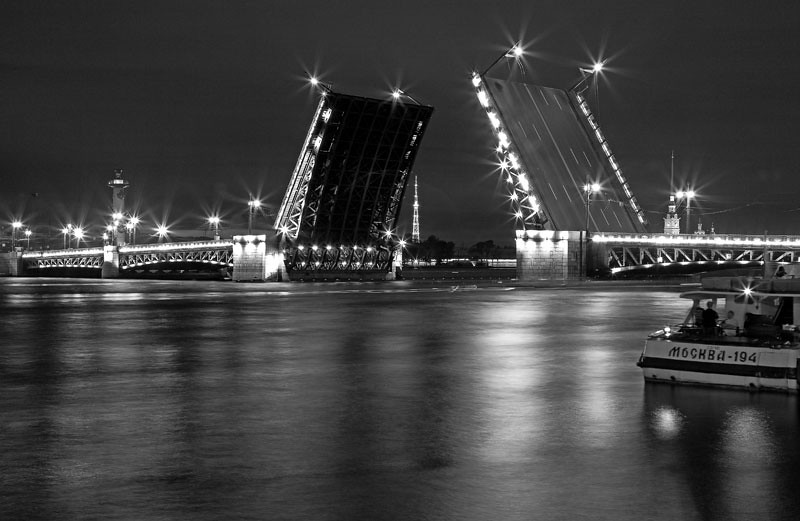
每年的5月至10月間,城市水運主航道上的21座橋在清晨2點左右至6點間依次打開,關閉,形成一番豪壯美景。
55
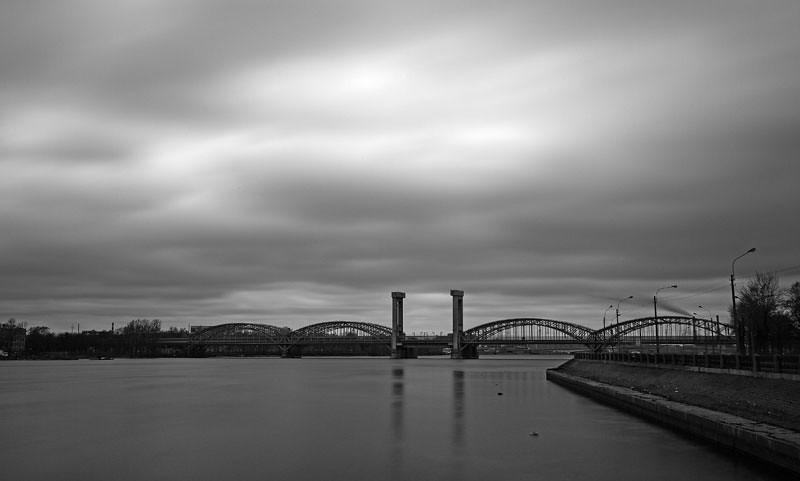
56
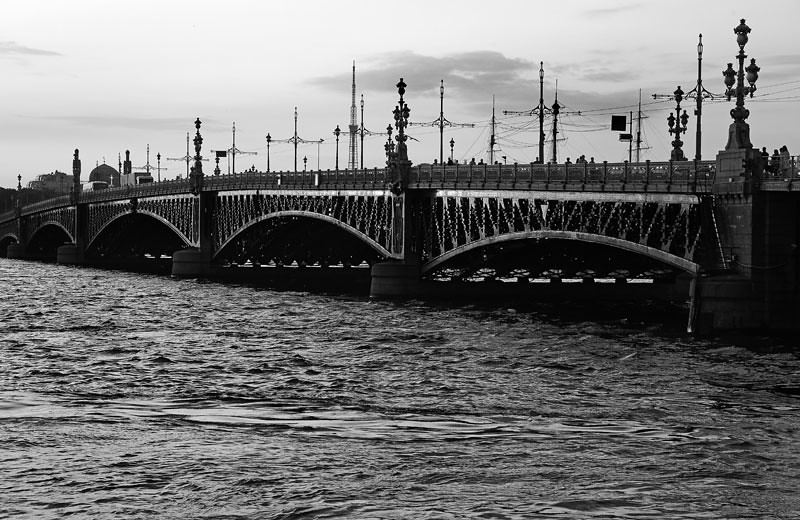
57
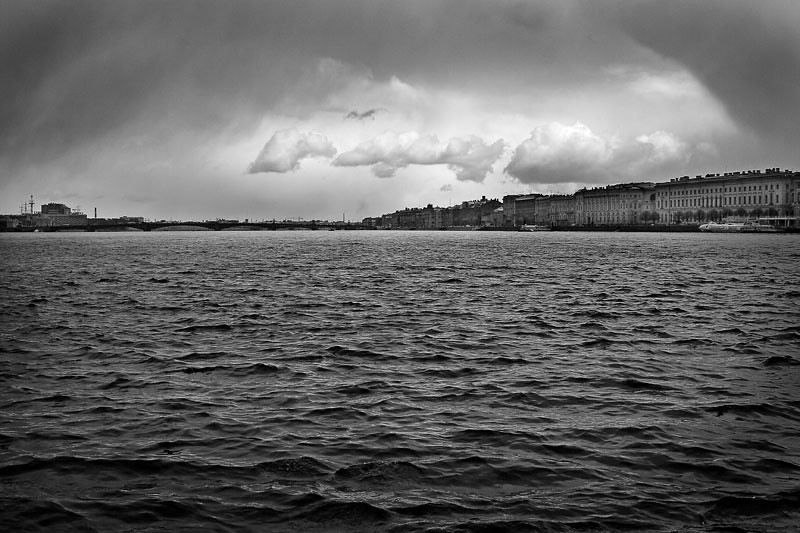
我喜歡看雲,拍雲,走過許多地方,除了中國西部強勁濃厚的雲層給人無限遐想,恐怕就是俄羅斯的上空最讓攝影人振奮了。如果仔細品味俄羅斯本土畫作,其中八九都有著蒼勁濃鬱富有戲劇感的天空。
58
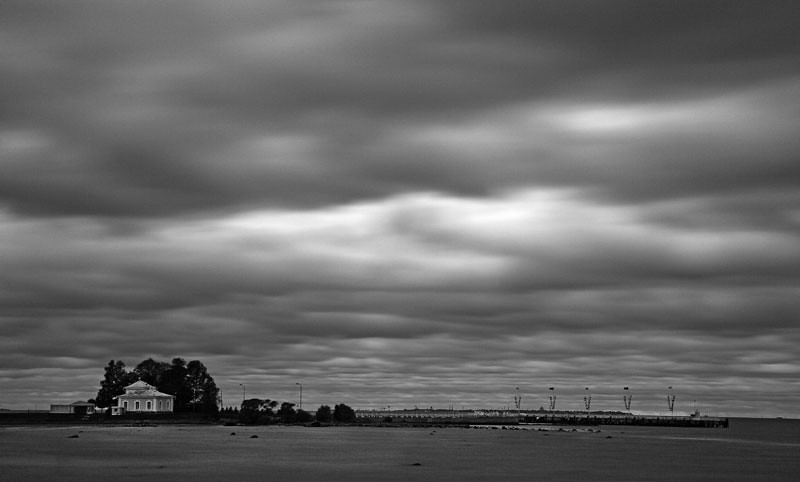
59
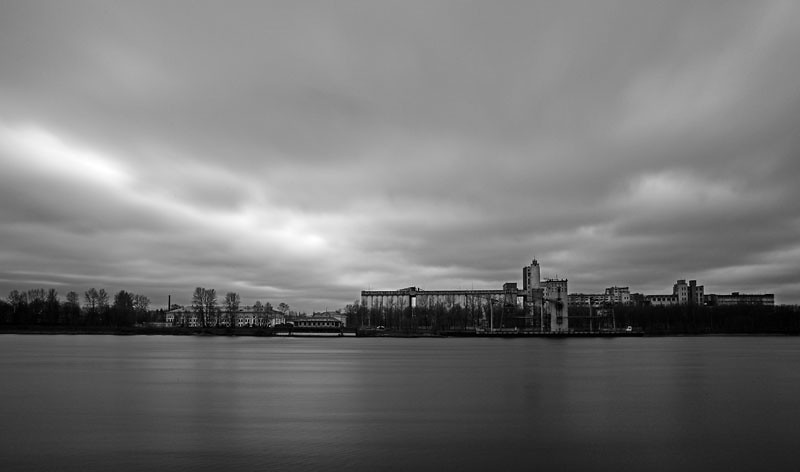
60
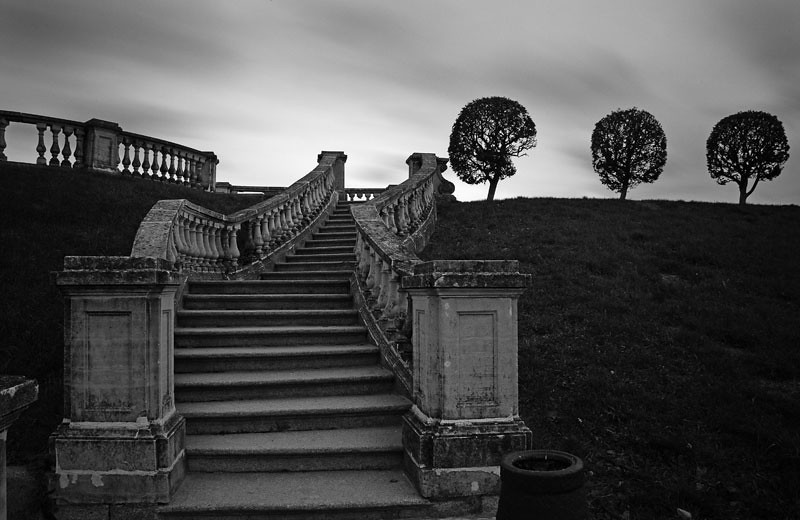
61
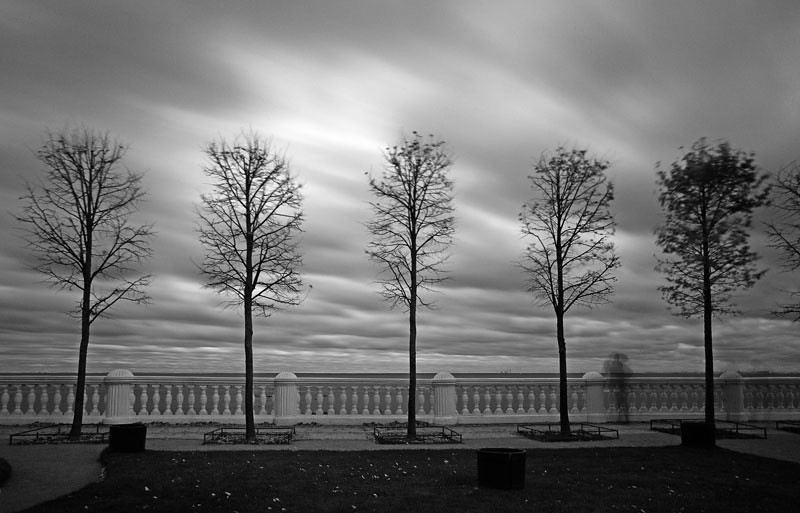
62
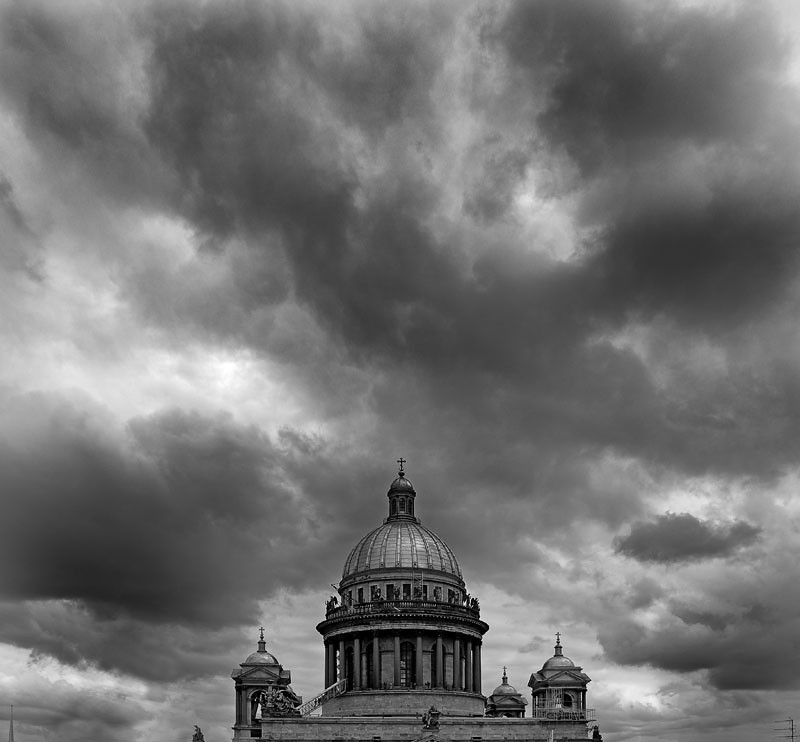
曾有次與德國朋友聊天,被問到如何評價俄羅斯人。想了想,我說:他們的確是那片天空下的子民。
63
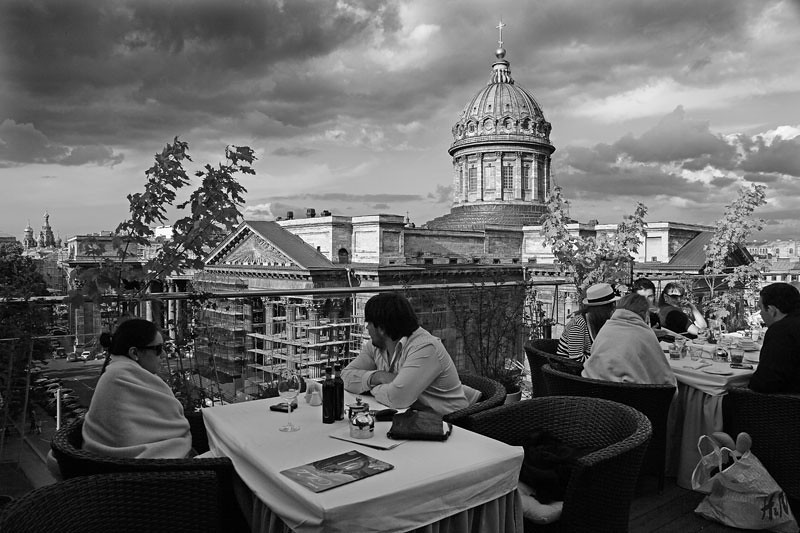
64
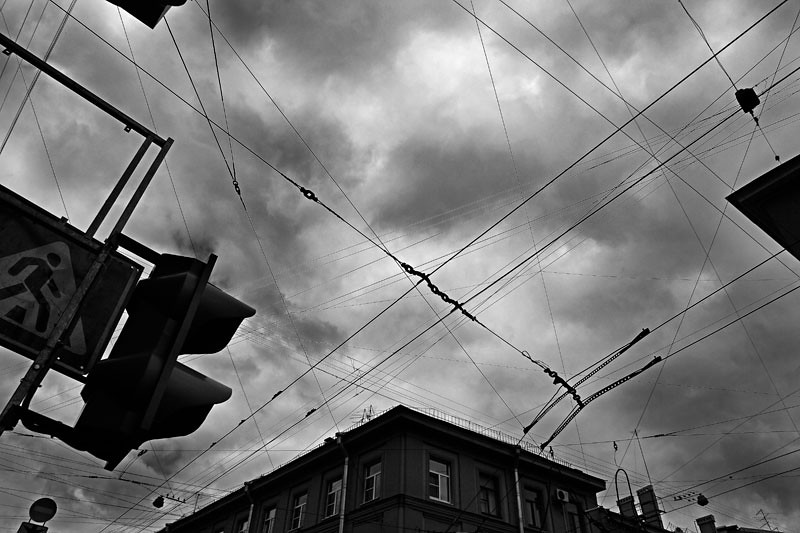
65
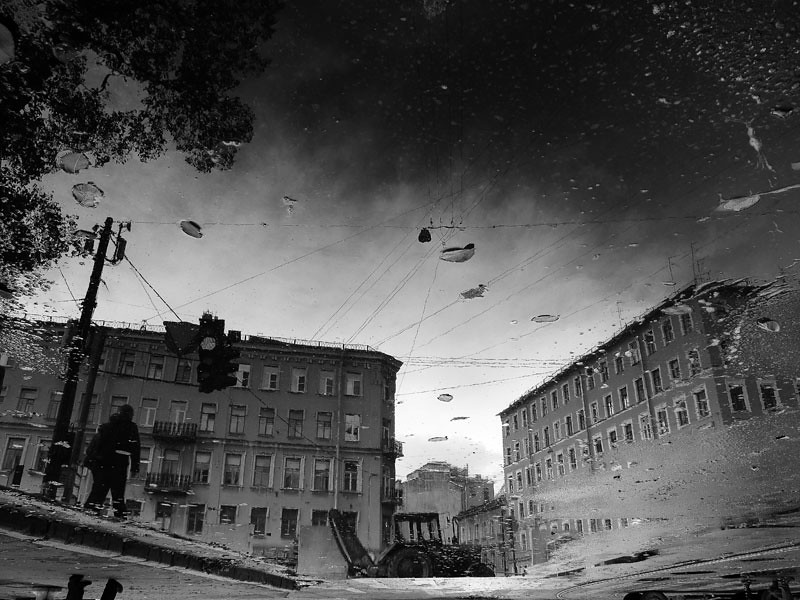
66
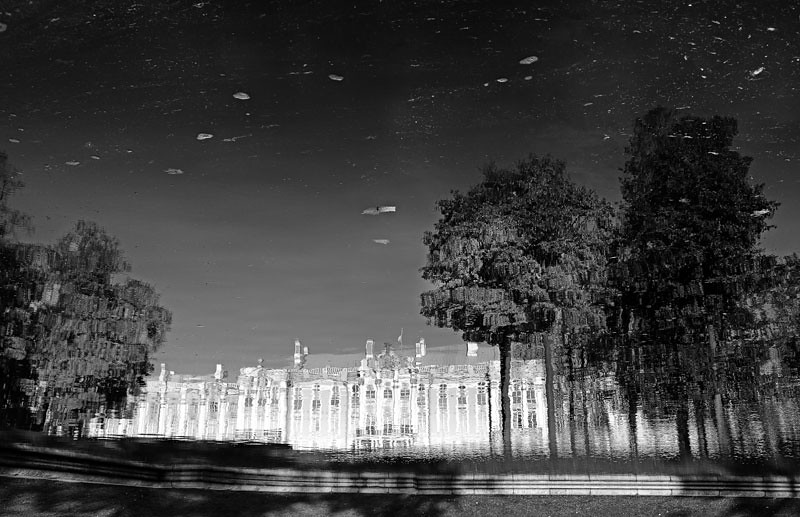
67
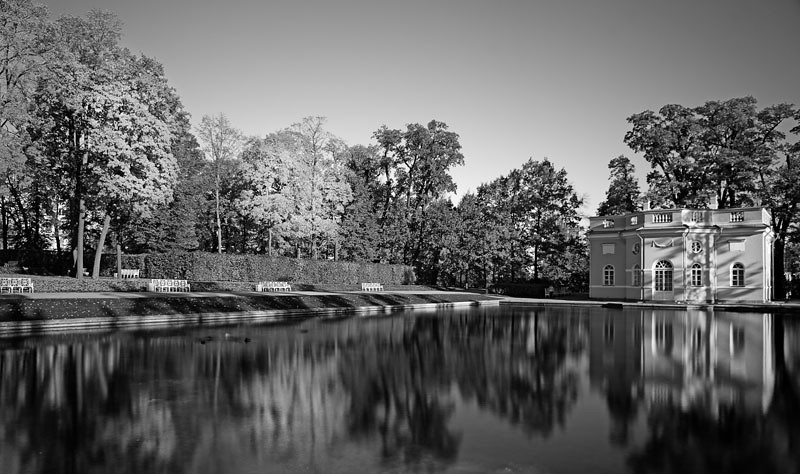
68
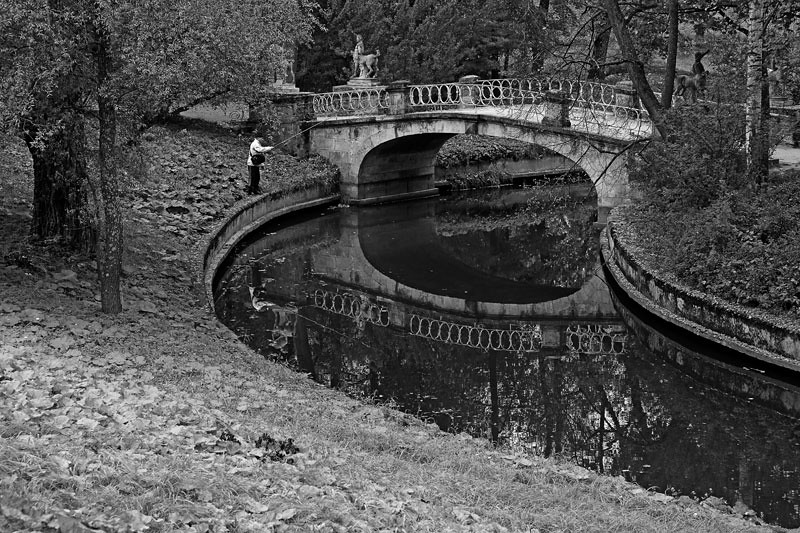
69
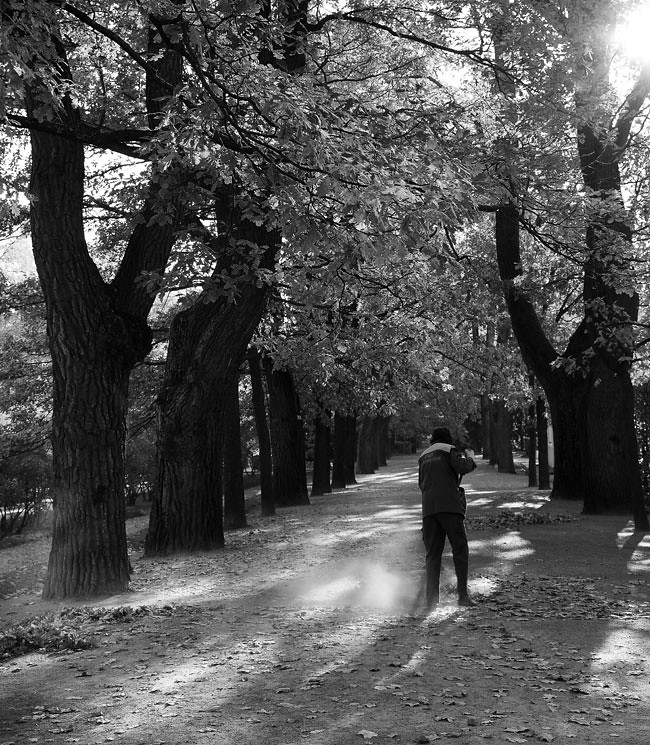
70
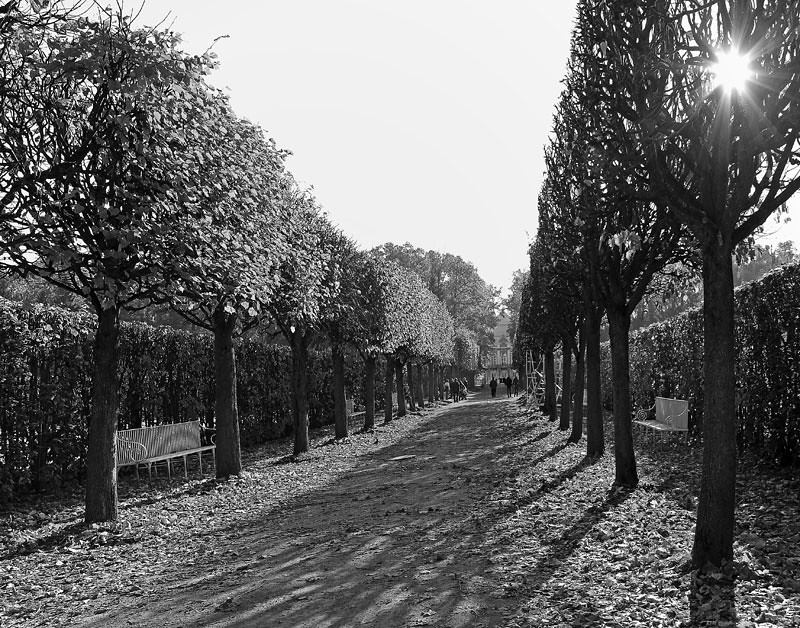
71
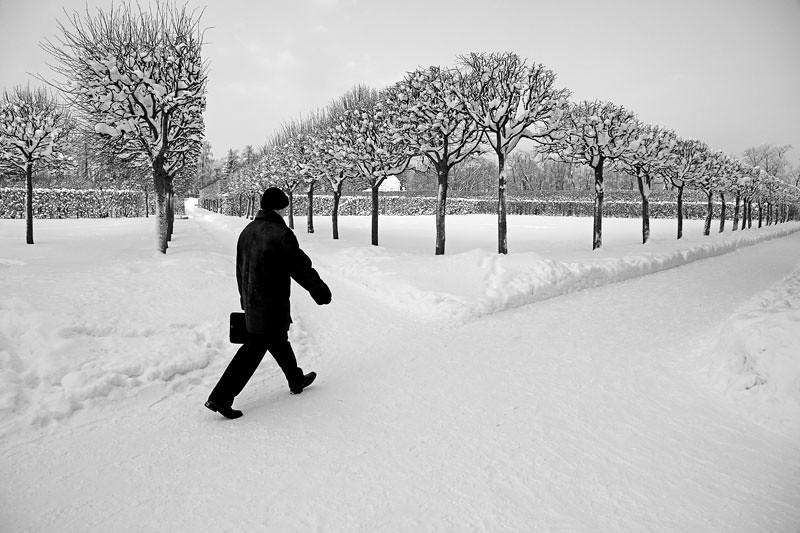
72
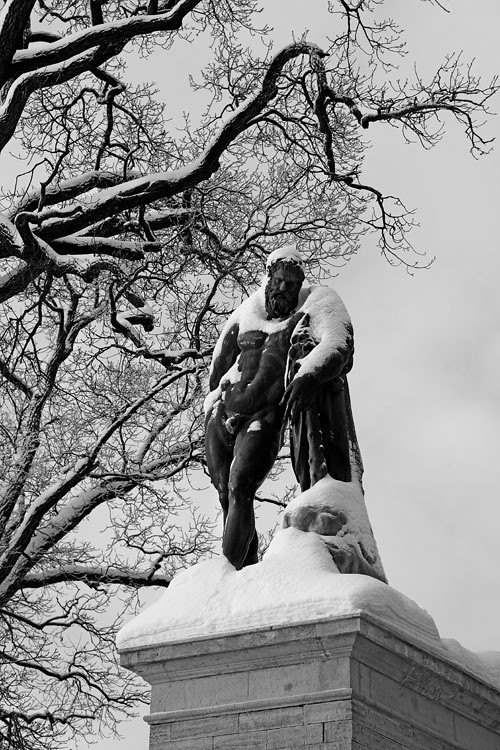
73
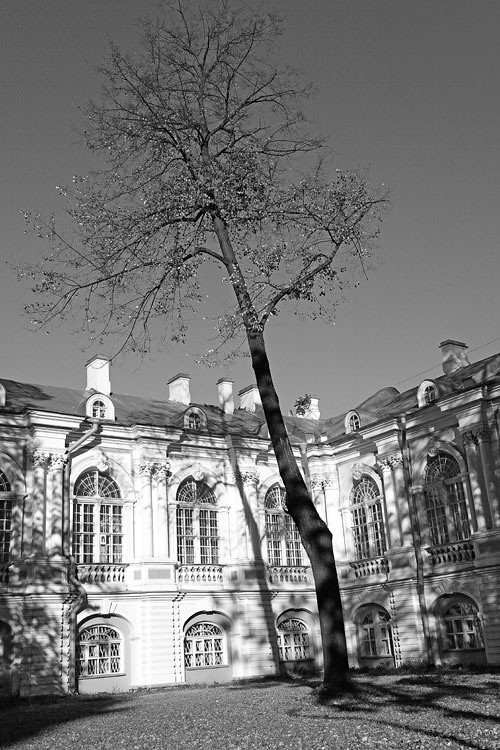
74
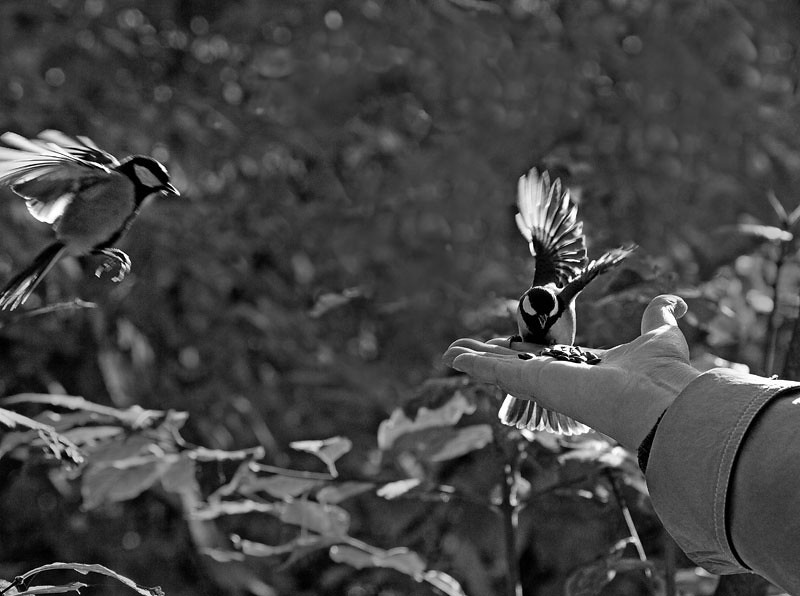
75
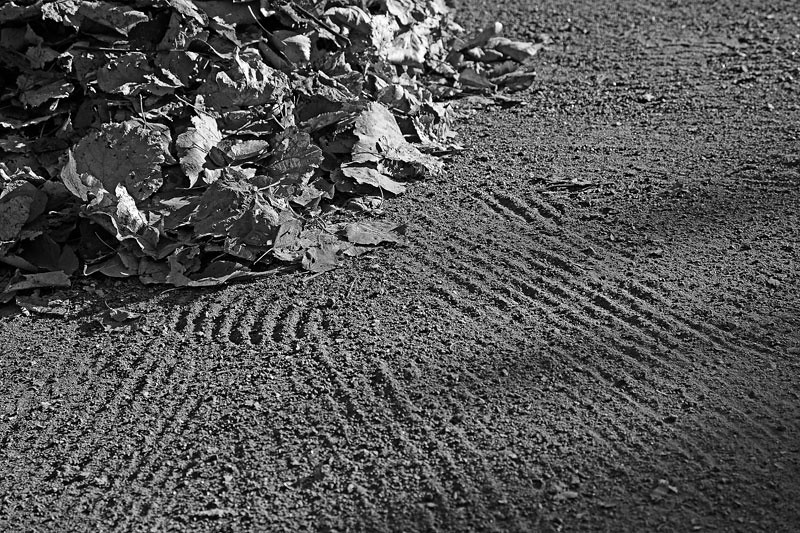




yeah, I am a huge fan for Russian literature ( before 1917) and movies (before 1989). I have been to St Petersburg three times. I took thousand pictures there and most of mine were for architecture and landscape only. I love yours more...I was exhausted every time. Next time if I go there, I won’t take my camera (I don’t think I can do this, hahahahahaha).
Thanks again! I had a very good time in your blog and I will continue enjoy your posts, past and present ones...
嗬嗬,沒想到你那麽感興趣俄羅斯曆史及文學文化。我其實是因工作關係不斷接觸,進而一點點去了解的,當然有意識地。看過Doctor Zhivago 1965 好萊塢版電影?其中有段對話讓我深有感觸,日瓦戈醫生和他那同父異母的哥哥見麵,哥哥想說服他參加紅軍革命,日瓦戈想了想說:作為醫生,在我們治病救人前必須先保證病人的生命,如果生命沒有了,一切都是徒勞的。我不清楚你們的革命,但是你們把一切都砸爛了,還有什麽可以進行下去的呢?(大概這個意思哈)
當時我突然想到了咱們的文化大革命,還有89年蘇聯的解體。。。前者,我們扼殺了一切人性的美好,這個國家幸存了,但是衍生出今天國內幾乎變態的社會情況。後者,他們散了,那個國家也從此不再。。。
說多了,本來不想討論政治的。
I just had a quick flash in my mind for what I have read in the past from Russian literature. You are so right: 富人當然隻寫些貴族間的故事,即便有窮人的世界,也是通過富人的眼睛看到的,又和窮人從自己的角度描述不同。
In any case Russia's upper classes oscillated between sympathy and hatred for the peasantry. Many landlords were brutes.
Turgenev was among the first writers to insist that the peasants had much to teach the intelligentsia. Memories of childhood helped. But a chasm of distrust persisted between privileged writer and poor, downtrodden peasant.
I will reread the book with your insight. Thanks...
Thank you for your reply. Natasha's Dance: A Cultural History of Russia was written by Orlando Figes, a British scholar.
In Tolstoy's War and Peace Natasha Rostova, at the end of a day's hunting, goes to a wooden hut where folk songs are played to the balalaika. Natasha twirls around. But it is not a waltz or polka she is doing. Without even thinking about it, she dances like a peasant girl.
Figes's point is that upper-class Russia was always much more "Russian" than it pretended. Members of the educated elite liked to impress each other with their European and urban sophistication; and in their palaces or salons in the cities they disdained to draw attention to their rural connections.
Still can not change your idea: "娜塔莎那段舞在電影裏並沒有達到你描述的那樣效果..."?
Thanks for the discussion! It's very interesting, isn't it. Actually, I love Pierre Bezukhov most in War and Peace.
再次謝謝你的評論和討論。娜塔莎那段舞在電影裏並沒有達到你描述的那樣效果,我想,但看皮艾兒煞有介事地在陣地上轉悠那段倒是有類似的感覺了。顯然,舊時代的俄羅斯窮人和中國窮人一樣,對“體麵的有教養的有錢人”充滿了羨慕和敬仰。
我曾經提過,俄羅斯曾經的文化是富人文化,因為以前隻有富人才有能力接受教育,跟我們的科舉製度,通過讀書改變人生完全不一樣。富人當然隻寫些貴族間的故事,即便有窮人的世界,也是通過富人的眼睛看到的,又和窮人從自己的角度描述不同。
"Taking its title from a scene in Tolstoy's War and Peace, where the young countess Natasha Rostova intuitively dances a peasant dance, the book "Natasha's Dance" explores the tensions between the European and folk elements of Russian culture, and examines how the myth of the 'Russian soul' and the idea of 'Russianness' itself have been expressed by Russian writers, artists, composers and philosophers."
Sadly, I couldn't find the scene in Russian version of movie "War and Peace" from website. If you have watched the movie, you would be very impressed.
Many thanks for sharing. I simply love these pictures.
"曾有次與德國朋友聊天,被問到如何評價俄羅斯人。想了想,我說:他們的確是那片天空下的子民。" What a description!
Russia was described by Winston Churchill as "a riddle wrapped in a mystery inside an enigma". It was a conventional thought, eccentrically expressed.
Russian high culture and its conundrums ravished the western 19th-century imagination. The novelists Turgenev, Tolstoy and Dostoyevsky conquered Europe. Even Turgenev, whose prose was carefully coutured, depicted the sharp edges of Russian life. Tolstoy and Dostoyevsky, though, were out on their own. Their characters - aristocrats, Caucasian tribesmen, drunkards, prostitutes and soldiers - gambled, sang and philosophised in each other's company.
-words from a review for a book callled Natasha's Dance: A Cultural History of Russia.
It's a brlliant book.
照片一如既往地棒!期待看到更多。